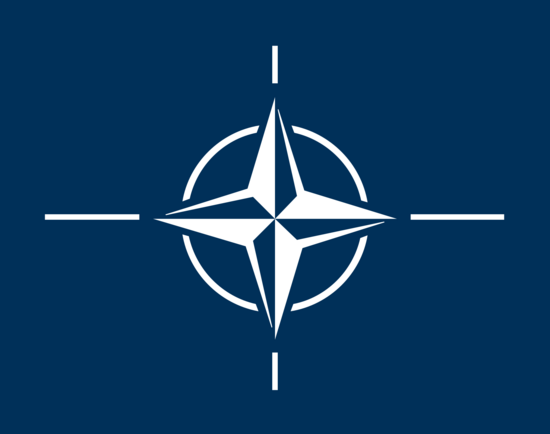NATO and Russia, ever squabbling, aim to make up on Corfu
 Brussels/Corfu - Foreign ministers of NATO's 28 member states meet with their Russian counterpart on the Greek island of Corfu this Saturday, resuming high-level ties frozen after Russia's war with Georgia in August 2008.
Brussels/Corfu - Foreign ministers of NATO's 28 member states meet with their Russian counterpart on the Greek island of Corfu this Saturday, resuming high-level ties frozen after Russia's war with Georgia in August 2008.
Relations between the Cold War foes, rocky since the Soviet Union's breakup in 1991, are likely to remain so in the foreseeable future, however.
The alliance suspended the NATO-Russia Council, established in 2002, after Georgia - disregarding massive warnings from Washington - - tried to wrest back the pro-Russian separatist region of South Ossetia, and Russia responded by repelling Georgian troops and invading parts of Georgia proper.
Saturday's get-together will be the second attempt at reconciliation. Russian Foreign Minister Sergei Lavrov refused to attend a NATO-Russia Council meeting planned in mid-May following a row over NATO-led military exercises in Georgia and mutual accusations of spying.
The council's meeting, to be held on the sidelines of a gathering of foreign ministers from the Organization for Security and Cooperation in Europe (OSCE), is meant as a political signal.
"We don't expect any dramatic decisions," a NATO diplomat remarked. He said talks would likely deal mainly with specific areas of cooperation between the alliance and Russia.
These included continuing their work together in combating Afghan drug traffickers and perhaps renewed participation by Russia in NATO's counter-terrorism patrols in the Mediterranean Sea under Operation Active Endeavour.
Moscow may also want to join NATO's anti-piracy patrols off the coast of Somalia, the diplomat said.
Such cooperation would be largely symbolic in view of the serious disagreements on other issues. One is NATO's planned inclusion of Ukraine and Georgia however indefinite the date, which, in Georgia's case, NATO has apparently pushed back even further because of its irritation at President Mikheil Saakashvili.
Another is the important Conventional Forces in Europe (CFE) Treaty, which Russia has suspended. A third is US plans for missile defence in Europe, the issue that the new US administration of President Barack Obama believes likeliest to yield agreement with Moscow.
Moscow's concerns over NATO's enlargement - particularly its admission of former Soviet republics - has been a central problem since 1991. Lavrov recently repeated the charge, which NATO has always rejected, that the alliance broke its pledge not to expand eastward after Germany's reunification.
"When promises are broken and obligations aren't met, then we have concerns," he said.
The alliance's suspension of the NATO-Russia Council is not the first spat between the two.
In 1997, NATO and Russia established a Permanent Joint Council aimed at allaying mistrust and involving Moscow in NATO's decision- making. Russia withdrew de facto from the council in 1999 after NATO launched air strikes against its ally Serbia over the province of Kosovo.
The NATO-Russia Council was meant to be a new, "more equal" partnership.
Following last summer's war between Russia and Georgia, NATO foreign ministers resolved there would be "no more business as usual." Some of them, however, including German Foreign Minister Frank-Walter Steinmeier, quietly expressed doubts about the wisdom of this decision.
Now NATO is reversing it. The alliance realizes that no global problems can be solved without Russia. (dpa)